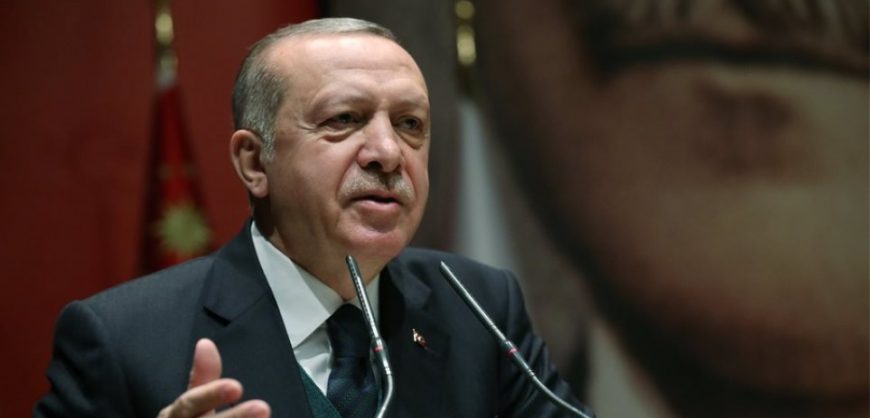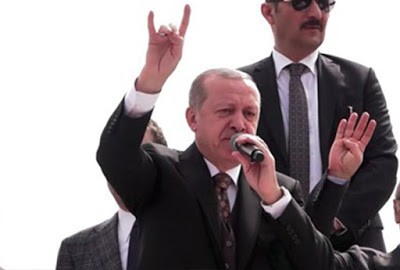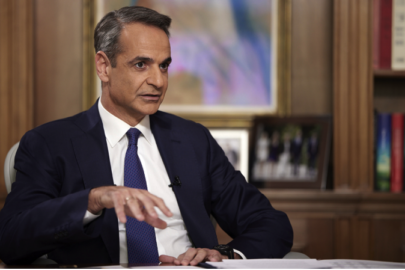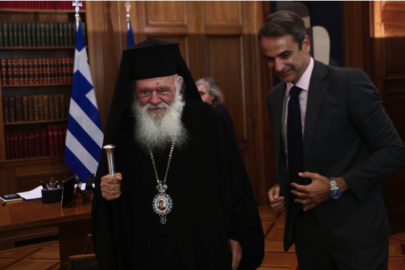The warships were escorting a vessel suspected of smuggling weapons into Libya, violating a United Nations arms embargo. Challenged by a French naval frigate, the warships went to battle alert. Outnumbered and outgunned, the French frigate withdrew.
But this mid-June naval showdown in the Mediterranean was not a confrontation of enemies. The antagonists were France and Turkey, fellow members of NATO, sworn to protect one another.
A similarly hostile encounter between Turkey and a fellow NATO member happened just two weeks ago, when Turkish warplanes buzzed an area near the Greek island of Rhodes after Greek warships went on alert over Turkey’s intent to drill for undersea natural gas there.
Turkey — increasingly assertive, ambitious and authoritarian — has become “the elephant in the room” for NATO, European diplomats say. But it is a matter, they say, that few want to discuss.
A NATO member since 1952, Turkey is too big, powerful and strategically important — it is the crossroads of Europe and Asia — to allow an open confrontation, alliance officials suggest.
Turkey has dismissed any criticism of its behavior as unjustified. But some NATO ambassadors believe that Turkey now represents an open challenge to the group’s democratic values and its collective defense.
UAE starts up first Arab nuclear plant
A more aggressive, nationalist and religious Turkey is increasingly at odds with its Western allies over Libya, Syria, Iraq, Russia and the energy resources of the eastern Mediterranean. Turkey’s tilt toward strongman rule after 17 years with President Recep Tayyip Erdogan at the helm also has unsettled other NATO members.
“It’s getting hard to describe Turkey as an ally of the U.S.,” said Philip H. Gordon, a foreign policy adviser and former assistant secretary of state who dealt with Turkey during the Obama administration.
Despite that, Turkey is getting a kind of free pass, analysts say, its path having been cleared by a lack of consistent U.S. leadership, exacerbated by President Trump’s contempt for NATO and his clear admiration for Mr. Erdogan.
Read more: NYTimes






































